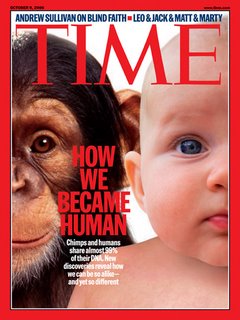
From Tom Harpers official web site:
Seven Principles of Cosmic Spirituality
- The entire cosmos is the manifestation of Divine Mind-every molecule, every cell, every creature, every rock, tree, mountain, planet, blazing star, whirling galaxy and universe of galaxies.
- We are all an integral, interconnected part of the whole cosmos and our own inner world is a holograph of the cosmos within us.
- One basic datum underlies every religion under the sun, the principle of Incarnation. The Word or Logos, God's self-expression made manifest, has given the light of its divine spark to every mind/soul coming into the world. Christians call this the Christ or "Christ in us." Other faiths have different names or modes of expression for this same inner reality.
- Every religion whose ethical core is summed up by the word "compassion" or "loving-kindness" to all other creatures without exception has a vision of the truth and is a valid "way" to Transcendence.
- No one faith or religion-whatever its claims may be, alone has The Truth.
- True cosmic spirituality is steeped in, flows from, and derives its most powerful analogies and metaphors from the natural world -- from the tiniest bit of dust to the spiraling stars above.
- The core aim of cosmic spirituality is radical transformation, both personal and societal.
While a little on the new age side, I like many things he is saying. Why am I thinking "new age" is something to be avoided, flakey even? Is it my "fundamental upbringing" clouding my perceptions still?
I am not sold on #3 but I like #'s 1, 4, 5, and 7. Maybe I am heading down that new age path for a while at least. Any comments or thoughts fellow ents?




